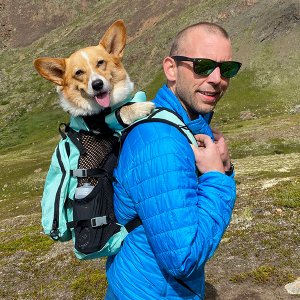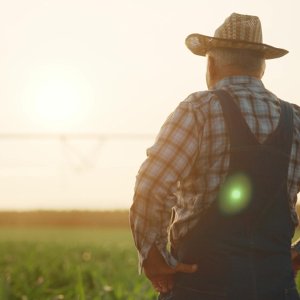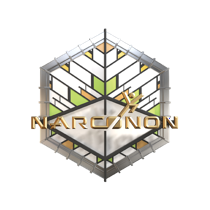The Indirect Victims of Alcohol Abuse
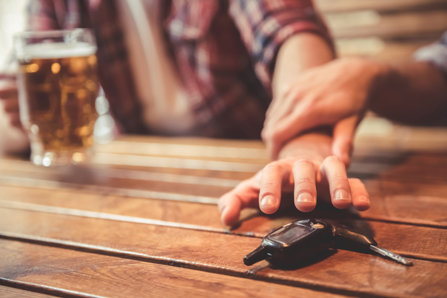
It is no surprise that alcohol is prevalent in our society. It is the most commonly used, easy to get and legal drug in the United States.
Unfortunately, alcohol use doesn’t come without consequences—from waking up with a hangover to death in a traffic accident, alcohol use isn’t innocent. The thing that is rarely spoken about is the people affected by its use—mothers, fathers, children, partners and even strangers.
It has probably all happened to us where we’re driving down the road and there is a car driving recklessly speeding, swerving in and out of lanes or straddling the center of the lane mark. I know it’s happened to me. I was driving down a causeway in Florida when I saw a car going twenty miles over the speed limit. At first, I saw it in my review mirror, swerving from one lane to another, weaving through traffic. I slowed down and let them pass. I picked up the phone and called the Highway Patrol. I kept watching the car, maintaining my distance. Next thing I knew, the car crashed right in front of me. I pulled over and called an ambulance. Luckily, no one else was hurt, but not everyone is that lucky.
“We receive endless college applications for Megan in the mail daily; we now have one less name to sign on our holiday cards; one less spot to set at the kitchen table; one less person on our family vacations; her empty bedroom…”
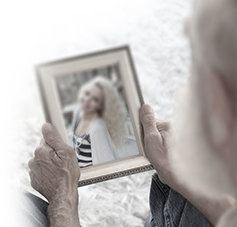
When one is drinking, especially in great amounts, muscle function, coordination and awareness are greatly reduced. These are very important and vital elements that are necessary when one is driving a vehicle. A report written by the National Highway Traffic Safety Administration or NHTSA states that almost 30 people in the United States die in drunk-driving crashes every day. To put it in perspective, that’s one person every 48 minutes in 2017. Thankfully, these numbers have diminished in the last 30 years, however, drunk-driving crashes still claimed more than 10,000 lives per year. One parent stated this after his daughter was killed by a drunk driver in 1999: “We receive endless college applications for Megan in the mail daily; we now have one less name to sign on our holiday cards; one less spot to set at the kitchen table; one less person on our family vacations; her empty bedroom. We still celebrated her 18th birthday on July 26th this past summer by bringing her cake to the cemetery.”
One simple mistake, one simple decision, destroys lives. We can punish the driver, we can demand rehabilitation, but it won’t bring back what one has lost. No settlement or punishment will ever bring back the greatest gift of all—a life.
So what can you do to prevent this?
Be aware of your surroundings when driving. If someone is driving dangerously or you suspect the driver is intoxicated, call the police. Let them know where you are, the plate number and the kind of car that is being driven.
Don’t agree to get into a car with someone who seems intoxicated or unaware.
Don’t let others drive under the influence. Take their keys. If someone thinks they should drive after they drink, they most likely have a drinking problem and need help. Urge them to get help.
Don’t drink and drive, call a cab or a friend to give you a ride. You may think you are okay to drive, and maybe you’ve done it before, or maybe you don’t want to spend $30 on a ride. But what’s a life worth to you?
And the truth is that if you are going out drinking every weekend or drinking more than once a week—it most likely has become a drinking problem. It’s easy to ignore the signs of a drinking problem because alcohol is so widely “accepted,” but it’s important that you get help, or get help for your loved ones, before it’s too late.
Sources:
